Sub-Saharan Africa (SSA)
Overview
Encompassing the area of the African continent below the Saharan Desert, and subsequently the vast majority of Africa’s landmass, this region is home to an astonishing amount of geographic diversity, ranging from deserts and savannas to tropical rainforests. Commonly divided into 4 sub regions, SSA is home to over a billion people, who comprise a vast multitude of ethnic, cultural and linguistic groups. Although the region is growing economically at an impressive rate, it still faces many development challenges. These include some of the world’s highest and most concentrated rates of poverty, gender inequalities, political instability and the ever-increasing threat of climate change.
Projects

- Partner(s): ADE (Funder), UNDP Togo (Funder)
In order to identify the impacts of the COVID-19 pandemic in Togo, in partnership with the United Nations Development Programme (UNDP) and ADE, Data-Pop Alliance offered a synthetic analysis of the main impacts of the crisis in the country with a focus on the sector’s development priorities before the pandemic, using the most recent analyzes, studies and more recent data. The aim was to examine both quantitative and qualitative data available from the country; focusing on economy (SMEs and informal sector), social protection, basic services, food security; all with a transversal gender perspective. Particularly, the project’s report examined the situation before COVID-19 and identified its main effects and impacts; examined the content and conclusions of studies carried out on the impact of COVID-19, and raised the limits and/or potential deviations; analyzed how the limits in classical data can be complemented by data from alternative sources.
To read the report, click the button below (Available in French)
DownloadThe second part of this project focused specifically on conducting a mobility analysis during the COVID-19 pandemic in Togo. During this crisis, the Togolese government decided to introduce mobility restriction measures to prevent the spread of the virus. The resulting analysis used innovative data sources to characterize the changes in mobility patterns that followed the introduction of these measures. In this case, mobility data from Google and Facebook was used to measure changes during and after the implementation of mobility restrictions between February 15 and August 9, 2020, in each of the regions in Togo. In general, this study aimed to:
(1) Characterize the changes in mobility over time by type of mobility, particularly in residential areas and towards workplaces;
(2) Present the changes in mobility that resulted after curfew relief and lifting; and
(3) Understand mobility interconnections between regions. Limitations, assumptions, and recommendations were formulated based on the observations.
To read the report, click the button below (Available in French)
Download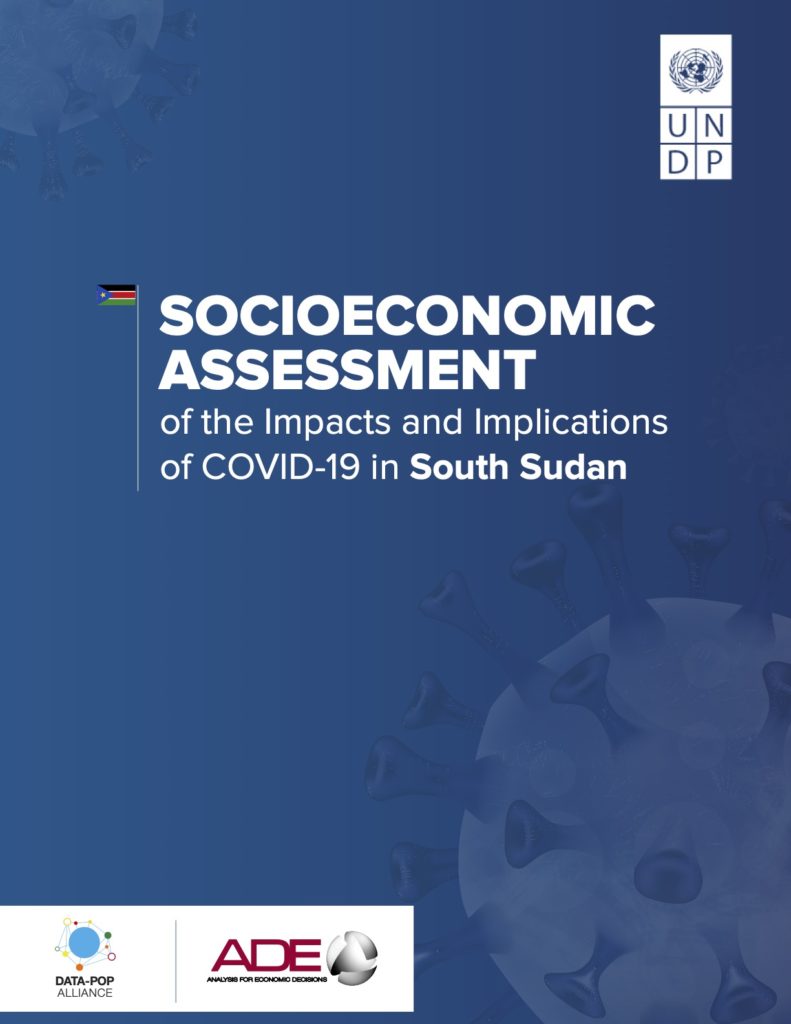
- Partner(s): ADE (Funder), UNDP South Sudan (Funder)
With the support of the United Nations Development Programme (UNDP) and in partnership with ADE, this paper assessed both the direct and indirect effects of the pandemic in the country and identified implications for the donor community, including the UN System. First, it looked at macroeconomic and fiscal prospects, noting a dearth of options in the absence of sustained structural changes; then at the effects of COVID-19 on human development; the virus’s interplay with peacebuilding and state-building dynamics; and lastly, assessments of possible ways forward were discussed.
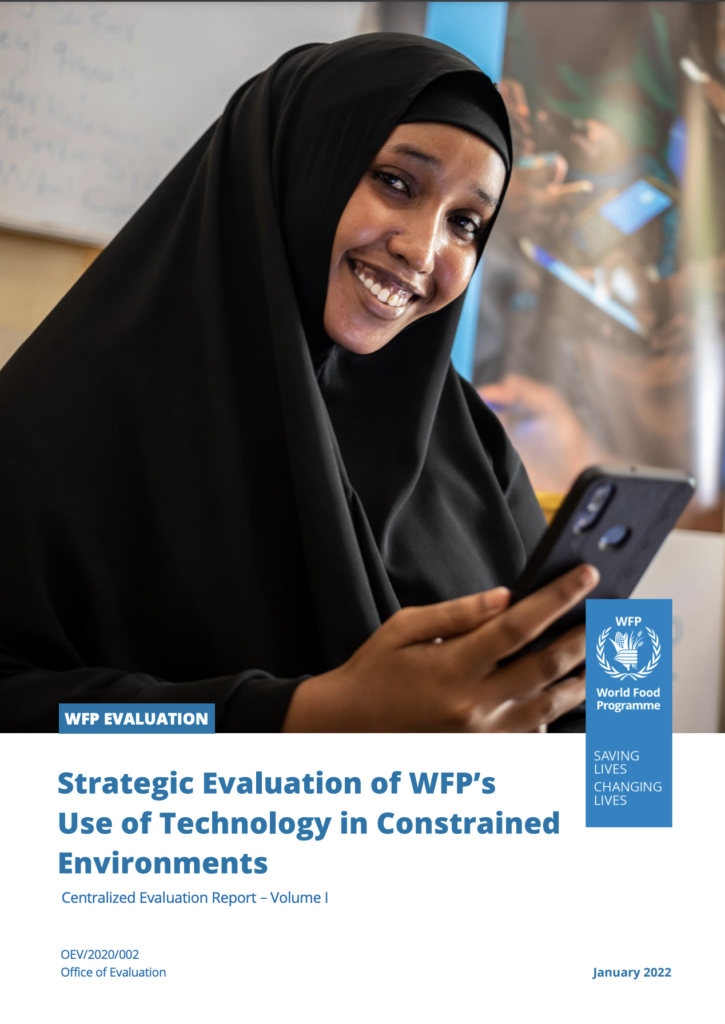
- Partner(s): ADE (Funder), World Food Programme
This evaluation, developed in collaboration with ADE, examined the extent to which WFP effectively and efficiently deployed the most appropriate Information and Communication Technologies (ICTs), and how, why, and under which conditions the use of these technologies contributed to management and program objectives. The team designed a mixed-methods approach consistent with WFP’s proposed analytical framework and outlined the factors affecting technological innovation and diffusion. Additionally, six case studies were conducted in Jordan, Niger, Iraq, South Sudan, the Democratic Republic of the Congo, and Bangladesh.
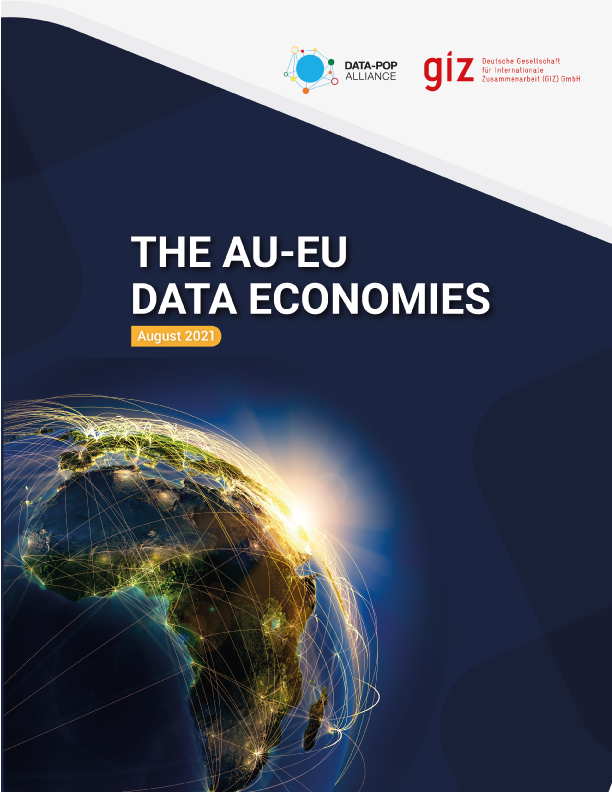
- Partner(s): African Union, European Union, GIZ (Funder)
In collaboration with the European Union and the African Union, and support from GIZ, DPA developed an overview of the Data Economy Framework between Europe and Africa in a concise report focused on the potential of the data economy in Africa, and its potential to boost the African-European data market exchange. The final report discussed the landscape of the African data economy and mapped the potential fields of common interest between the African and European Unions. The findings synthesized information from recent in-depth studies, as well as from indices on inclusive internet, affordability drivers and network readiness.
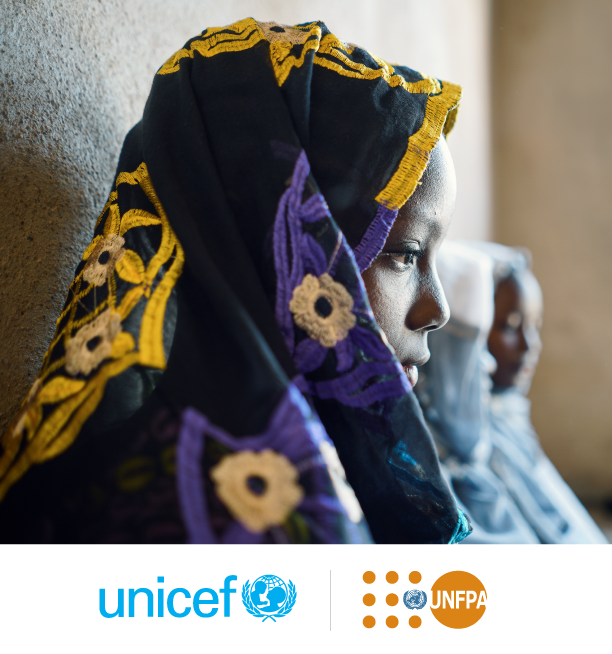
- Partner(s): UNFPA, UNICEF (Funder)
The need to end child marriage and FGM has never been greater –without accelerated progress to end both of these harmful practices, millions of women and girls across the globe will continue to be in danger. DPA, in collaboration with UNICEF and UNFPA, conducted a comprehensive landscape mapping and review of key technology-based interventions to address child marriage and FGM across 13 countries in Africa and Asia (Bangladesh, Burkina Faso, Egypt, Ethiopia, Ghana, India, Kenya, Mozambique, Nepal, Sierra Leone, Sudan, Uganda, Zambia). During the second phase of the project, DPA carried out an in depth review of three selected interventions to better understand their effectiveness, key success factors, and potential areas for improvement.
The methodology proposed by DPA was based on intersectional feminist approach and an analysis integrating both quantitative and qualitative research methods, as well as traditional and non-traditional data sources collected at different stages of the study, underpinned by a participatory approach involving UNICEF, UNFPA, and other stakeholders.
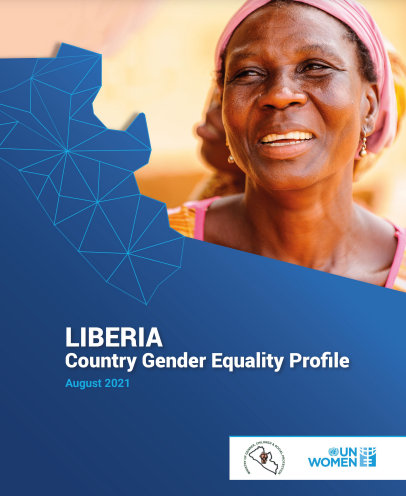
- Partner(s): African Development Bank, European Union, Government of Sweden, Ministry of Gender, Children & Social Protection - Liberia, UN Women Liberia (Funder)
The CGEP of Liberia, the first of its kind in the country, examined the situation of gender inequality in Liberia from a multi-sectoral and intersectional perspective, including an analysis of the gendered impacts of the COVID-19 pandemic, as well as response and recovery implications. As part of an increasing effort to eliminate all forms of gender-based discrimination, the CGEP represents an important guide to assess the existing situation regarding women’s empowerment and gender equality in Liberia. This project was funded by UN Women Liberia, and supported by the Ministry of Gender, Children and Social Protection Liberia; the European Union, the African Development Bank, and the Government of Sweden.
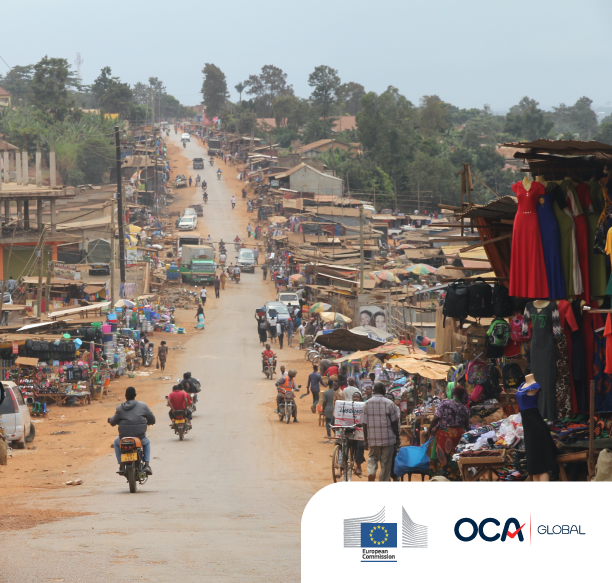
- Partner(s): DG INTPA, OCA Global Consulting (Funder)
This series of three reports analyzed varying aspects of Africa-EU and provided technical policy insights to strengthen the European Commission Directorate General for International Partnerships’ (DG INTPA) capacity in “knowledge-based” policymaking. Each report was conducted through a study and analysis of policy briefings, taking into account EU political interests towards Africa, as well as relevant existing legally-binding agreements, political declarations and strategic documents. The topics of each report included:
(1) Transport and Infrastructures;
(2) Digital Technologies and Services;
(3) Sustainable Energy and Climate Change; and
(4) Private Sector and Trade.

- Sub-Saharan Africa (SSA)
- April 2022 - August 2023, June - December 2024
- Just Digital Transformations
- Partner(s): Mastercard Foundation (Funder)
Phase 1:
DPA developed the Sector Pulse Platform, a data-driven tool that will provide the Mastercard Foundation (MCF) with access to key information on global and regional trends relevant to its work in Africa. This tool will support the foundation’s future investment decisions with an evidence-based and system-change approach. Additionally, the tool will grow the organizational awareness and understanding of the most important issues shaping social debates in Africa. The development of this tool is structured across 4 project phases: discovery, development, reporting, and training. The platform is structured around three data modules: The ‘Impact Evidence’ module, the ‘Social Listening’ module, and the ‘Policy and Funding Development’ module.
Phase 2:

- Partner(s): Ministère de la Transition Numérique, de l'Innovation et de la Modernisation de l'Administration, World Bank (Funder)
The Mauritania component of the West Africa Regional Digital Integration Program (WARDIP-Mauritania) is expanding access to broadband and digital services through the development and integration of the country’s digital markets with those of the West African region. The project focused on 3 key elements for the integration of digital technologies at the regional level: the connectivity market, the data market, and the online market. This involved:
(1) Continuing the efforts begun under the WARCIP-Mauritania Project to expand connectivity, lower cost, and improve quality of service;
(2) Enabling the secure exchange, storage, and processing of data across borders, and supporting regional deployment of and access to data-based services and innovation;
(3) Expanding access to and delivery of public and private online services; and
(4) Establishing transparent and secure e-commerce at the regional level.
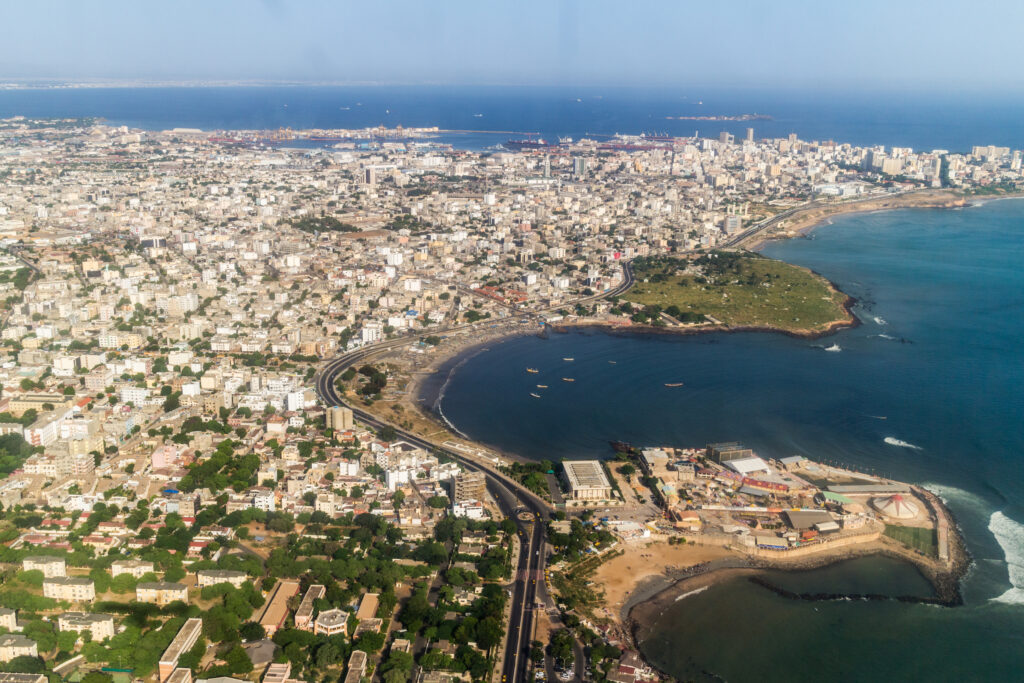
- Partner(s): GIZ, Ministère de la communication, des télécommunications, et de l'économie numérique (Senegal), Smart Africa (Funder)
DPA, in collaboration with Smart Africa and GIZ under the leadership of the Ministry of Communication, Telecommunications and the Digital Economy, led the development of Senegal’s National Data Strategy. The main objective was to identify all the measures and propose an implementation roadmap in order to:
(1) Enable the digital ecosystem to leverage the potential of data for economic growth;
(2) Promote innovation and the use of emerging technologies, with the reinforcement of skills and the development of a data culture; and
(3) Foster cross-border collaboration in terms of commerce and data in Africa, all while respecting privacy and human rights.
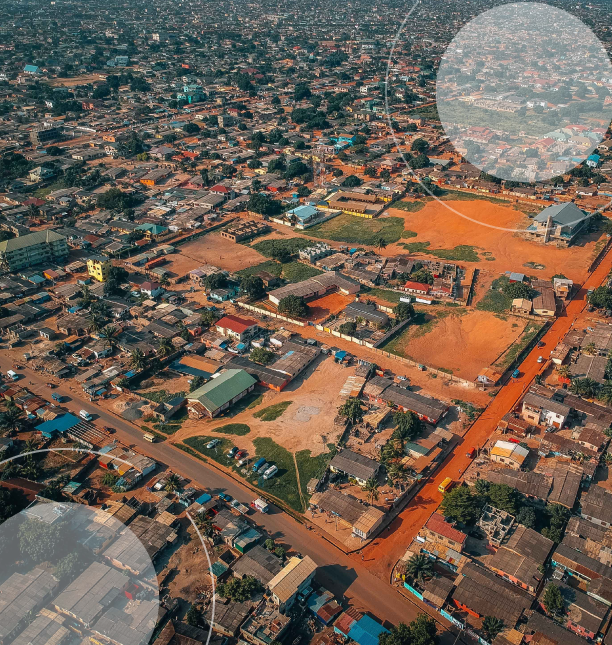
- Partner(s): GIZ, Ministry of Communication and Digitalisation (Ghana), Smart Africa (Funder)
Data-Pop Alliance, in partnership with Smart Africa, contributed to the development of Ghana’s national data strategy in line with the country’s priorities in terms of sustainable development, promotion of innovation, the creation of value and, above all, digital sovereignty. The general objectives are:
(1) Promoting the Sustainable Development Goals (SDGs), including by strengthening data partnerships and local capacities;
(2) Promoting good governance in general, and data governance, data sharing and collaboration with the private sector;
(3) Supporting better targeting and use of development data;
(4) Promoting research and innovation in the field of data, academia, new businesses; and
(5) Developing data skills.
